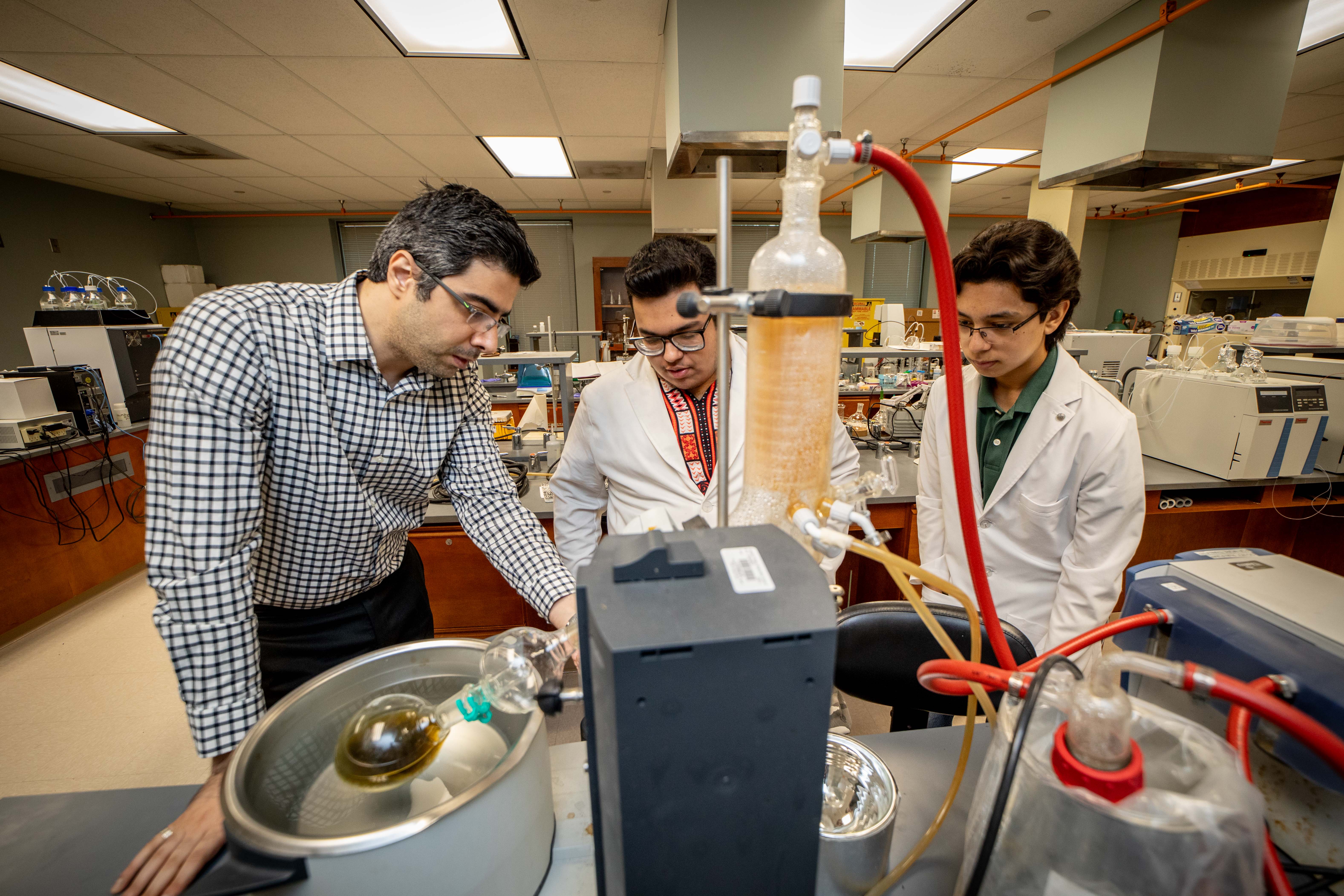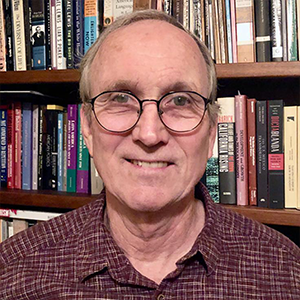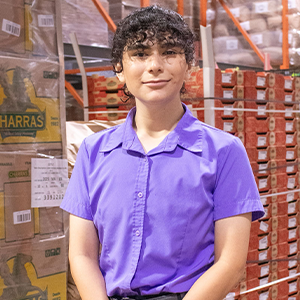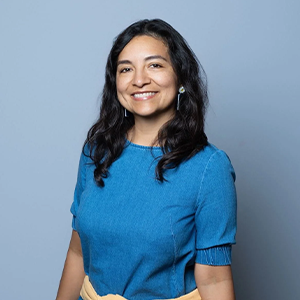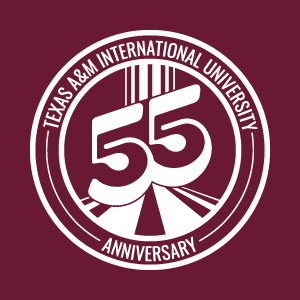GECHS Students, TAMIU Faculty Involved in Innovative Critical Cancer Therapy Research

It’s not often that young students have an opportunity to be part of developing an innovative drug delivery system for targeted cancer therapy.
To add to that revelatory experience, these students are also high school seniors at the Hector J. García Early College High School (GECHS), located on and affiliated with the Texas A&M International University (TAMIU) campus.
The students, Pablo Guzman and Amador Flores, GECHS seniors played key roles in the formulation, characterization, and testing of the delivery system. During this process, Melina Hernández and Caleb Benavides, two Junior GECHS students, also participated in the lab, observing and learning from Pablo and Amador as they gained valuable research experience under the guidance and mentorship of Dr. Mohammad Davachi, TAMIU assistant professor in the College of Arts and Sciences, department of Chemistry and Biology.
Dr. Davachi addressed the goal of the remarkable research the students have undertaken, using TAMIU lab facilities.
“The major goal of this research is to develop an effective and biocompatible transdermal drug delivery system for targeted cancer therapy. This study involves the design of a hydrogel film incorporating chitosan, polyethyleneimine (PEI), and MXene (synthesized for this collaborative project by TAMIU’s Dr. Alfred Addo-Mensah, professor of Chemistry) to enhance drug delivery while minimizing side effects,” Dr. Davachi said.
“This innovative system could offer a promising platform for localized cancer therapy by improving drug targeting and reducing systemic toxicity. It builds on earlier research involving chitosan-based hydrogels and MXene nanomaterials, integrating their strengths into a novel, transdermal delivery approach aimed at safer and more efficient treatment, particularly for skin cancer,” Davachi continued.
He said this collaborative undergraduate opportunity, while unusual in its scope, underscores a regular part of his mentorship approach to teaching at TAMIU.
“I strongly believe in providing undergraduate students with opportunities to engage in real-world, hands-on research. I guided and demonstrated the overall design, execution, and scientific direction of the project, ensuring that students gained hands-on experience in advanced biomaterials research. These collaborations are designed to foster critical thinking, scientific curiosity, and technical skills within a supportive academic environment. By integrating students into active University research projects, we not only enhance their academic development but also help them build confidence, deepen their understanding of the scientific process, and become more competitive for higher education opportunities.
“Through this collaboration, students like Pablo and Amador, Melina and Caleb, developed critical research skills, including experimental design, materials characterization, data analysis, and scientific communication. Working in a University research environment alongside faculty and collaborators allowed them to deepen their understanding of translational science and build confidence as emerging researchers,” he observed.
Davachi noted that this level of collaboration can deeply advantage students.
“Some of our TAMIU graduates continue conducting research with us before transitioning to advanced programs, including pharmacy school, medical school, and PhD studies. Our ongoing mentorship helps bridge the gap between secondary education and advanced scientific training, preparing students for successful careers in STEM fields,” Dr. Davichi concluded.
For more about TAMIU Biology and Chemistry degrees and research opportunities, visit https://www.tamiu.edu/coas/biochem
Registration for TAMIU’s Maymester, Summer, and Fall 2025 is online via Uconnect.
For more on TAMIU’s story, visit its social media channels: Facebook, Instagram, LinkedIn, Twitter, YouTube, and online at tamiu.edu.
